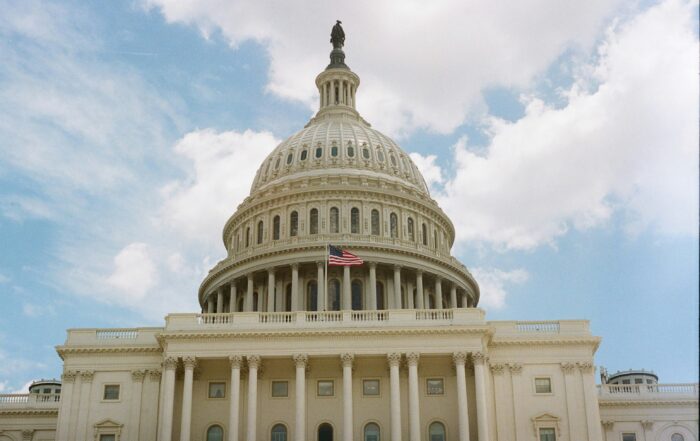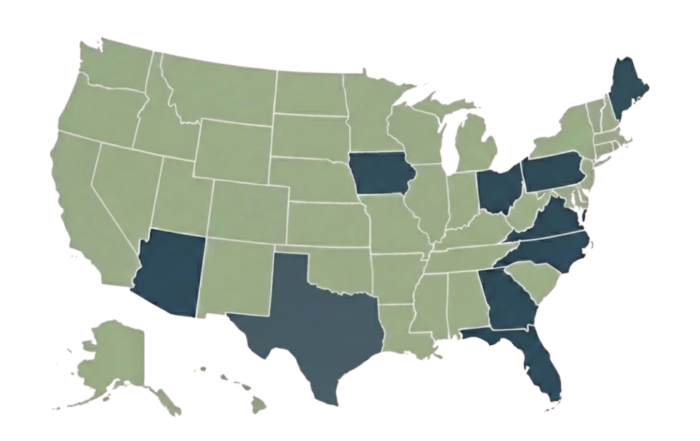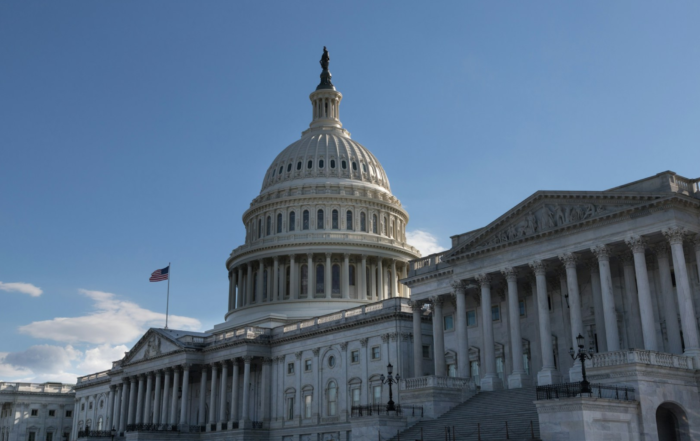
Chris Moyer
Founder & President
Green Bank Saga Shows Effectiveness of Aggressive Communications Strategy
By Chris Moyer
I had just slid into the back of an Uber in February when headlines about gold bars and the Titanic began lighting up my phone. I was fresh from a clean energy conference in Boston, where none of us imagined the scale of the storm about to hit the industry.
One of the first attacks came that winter morning, when freshly minted EPA Administrator Lee Zeldin released a video vowing to claw back $20B from the Greenhouse Gas Reduction Fund, the national green bank enacted through the Inflation Reduction Act designed to speed clean energy projects in communities across the country.
With the hidden camera video as fodder, Zeldin was able to brand the program a “gold bar” scheme, claiming the funds were improperly awarded and amok with conflicts of interest, waste, and self-dealing. From Fox News to Newsmax to the New York Post, he hammered the talking points. The narrative ricocheted through the right-wing media ecosystem—and soon this narrative was being covered in mainstream and trade outlets, often with little pushback from the program’s proponents.
Zeldin spent weeks banging this drum, repeating his claims, sidestepping reporters’ fact checks, and delivering them with Trumpian certainty.
That the green bank would face attacks was inevitable; billions in grants make for an easy bull’s-eye. What alarmed many was the sheer excess of the EPA’s messaging. The rhetoric felt so detached from reality that it was easy to assume Zeldin was simply pleasing his boss and grabbing headlines—while the courts, in time, would set the record straight.
For a while, that’s exactly what happened. In March, DC District Court Judge Tanya Chutkan issued a temporary restraining order blocking EPA from freezing or terminating billions in green bank grants, finding the agency’s fraud claims unsubstantiated. She followed up in April with a preliminary injunction, ruling the EPA’s actions unlawful and allowing grantees continued access to the funds while the case proceeded.
In its appeal, the government quietly softened its tone. Gone from the courtroom were the fraud claims and gold bars line, replaced by cautious jurisdictional arguments. For a moment, it seemed the green bank program might be heading toward a settlement or a legal victory.
But last week, the D.C. Circuit Court of Appeals cleared the way for EPA to reclaim the frozen grants, striking a major blow. The court ruled the case belongs in federal claims court and upheld EPA’s authority to cancel the program, leaving the $20 billion green bank effectively closed and grantees limited to seeking damages, not reinstatement.
Most troubling in the ruling was the judges’ embrace of Zeldin’s outlandish claims—arguments the Trump administration itself had largely abandoned in court. A striking example came from the majority opinion by Judges Neomi Rao and Gregory Katsas, both Trump appointees. They faulted the District Court for not considering Zeldin’s gold bars video, describing it as “damning evidence of mismanagement” and citing it as support for EPA’s decision to terminate the grants and redirect the funds under tighter oversight.
As E&E News noted, federal lawyers “have not repeated most of those points in recent filings or at the May appeals hearing, focusing instead on the administration’s authority to end grants that clash with its policies.”
Climate United, the lead plaintiff and recipient of the largest green bank grant, responded to the ruling by reaffirming its case: EPA unlawfully froze and terminated funds that were legally awarded and disbursed. “We will continue to press on for communities nationwide that stand to benefit from clean, abundant, and affordable energy. This is not the end of our road,” the group said, and on Wednesday they filed a rehearing petition.
We hope not. But honestly, who would take that bet today?
This episode underscores how aggressive messaging can sway decisionmakers on consequential, multi-billion-dollar issues. A sharp communications strategy can help to deliver outcomes few expect. That has certainly been true for Zeldin. Many assumed he was simply posturing for his boss, with little chance of influencing the courts.
Instead, the case shows how unchecked misinformation in the public arena can spill over into legal rulings and upend a critical program that carried immense promise for speeding up the energy transition and addressing climate change in every community.
Check out our recent insights and conversations:
Sign up for our newsletter
Receive updates on our work, industry news, and more.




